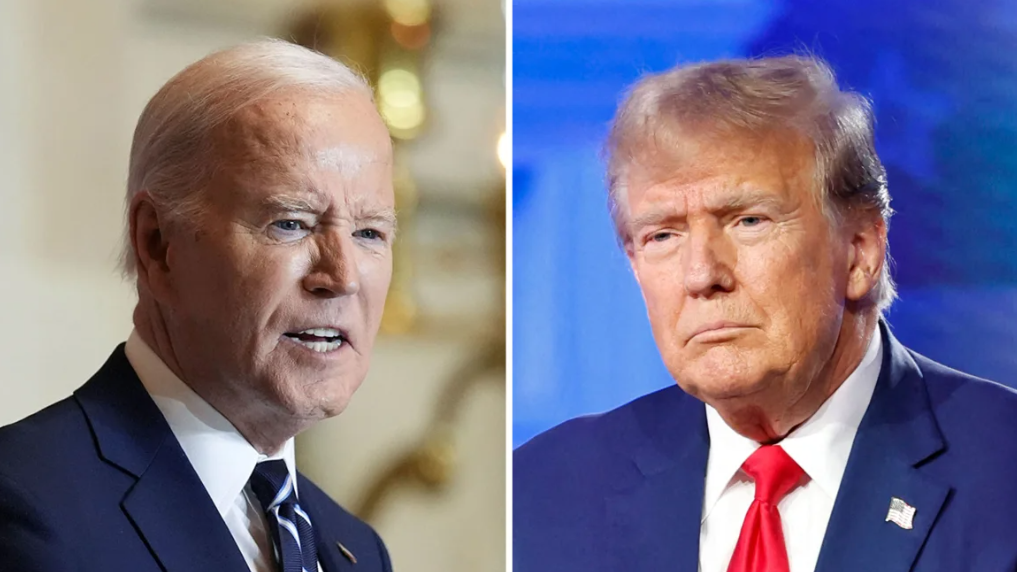Conversations Amidst Chaos: Tackling Taboo Topics
In the cacophony of news networks like Fox, CNN, and others, where political agendas often dominate the airwaves, the term “fake news” has become more than just a phrase—it’s a battle cry. Politics, the taboo subject whispered about but rarely discussed openly, seems to be the ultimate conversational landmine. Yet, if we can’t engage in civil discourse with our loved ones, colleagues, or friends, how can we hope to navigate the complexities of our world?
[optin-monster-inline slug=”pljyjldtifersewzcibb”]

Tired of news overload? Craving non-biased, quick summaries of what’s happening in the world?
Look no further than The Daily Skimm! Founded by and written by women, this award-winning newsletter delivers daily digests in a lighthearted, relatable tone. No fluff, just the facts you need to stay informed, all condensed into a quick read.
Here’s why The Daily Skimm is different:
- Non-partisan: Get news without the spin, presented objectively and accessibly.
- Fast & efficient: Quickly catch up on current events in just a few minutes.
- Engaging & humorous: The friendly writing style keeps you entertained while you learn.
- Empowering for women: Written by and for women, offering a refreshing perspective.
Don’t just take my word for it. With millions of subscribers and numerous accolades, The Daily Skimm is a trusted source for busy women everywhere.
Sign up for free today and see what you’ve been missing!
Redefining Family Dialogues: Teaching Our Children the Art of Debate
Recently, I found myself in a spirited discussion with my twin sister, Gwen, about the polarizing figures of our previous president, Trump, and our current leader, Biden. Admittedly, just uttering Trump’s name sends shivers down my spine, but the reality is, many staunchly stand by his side, refusing to budge from their stance.
It begs the question: If we can’t broach these topics with family, how do we expect to instill in our children the importance of finding their own voices? Too often, kids adopt their parents’ political leanings without understanding the underlying principles.
Why did I write this post?
Ever wonder what sparked the creation of the post you just read? Well, let me tell you a little story.
It all began when my 15-year-old freshman son, Kale, embarked on a series of firsts—he was off to meet his first girlfriend’s parents for the first time. A lot of firsts, right? Well, things took an unexpected turn when, during dinner at their house, the aunt decided to turn up the heat and grill him on our (his parents’) political views. Yes, you read that right.
Can you picture my OMG-shocked face? Because believe me, it was a moment of complete disbelief.
Thankfully, I’ve instilled in both my kids the art of gracefully sidestepping these intrusive questions. You see, my one son had a knack for blurting out uncomfortable truths, particularly about people’s weight, directly to their faces. Let’s just say it led to some memorable family drama and the invention of code words and hand signals to prevent future mishaps. Now, I can navigate public outings with my observant child without breaking into a sweat.
So, back to Kale’s encounter. With admirable poise, he simply replied that he wasn’t sure—a bold-faced lie, but hey, quick thinking runs in the family.
And that, my friends, is how a seemingly ordinary family dinner sparked a thought-provoking editorial on navigating political discourse in today’s polarized world. Who knew dinner table conversations could be so enlightening?
Insert Snarky commentary [here]…..

Deciphering Political Platforms: Understanding the Spectrum
So, what defines the major political platforms in the US? What values do Republicans hold that Democrats may not? And what about the perspectives of the liberal party or, in my local context, the tea party advocates? Their presence is palpable, as evidenced by the numerous anti-Biden billboards peppering our town. But what exactly do they stand for, beyond opposition?
Beyond Party Lines: Embracing Diversity in Discourse

I’m keen to explore how we can have meaningful dialogues with our children—how we can shield them from biases and equip them with the tools to think critically. After all, don’t they deserve that? It’s evident that our nation is more divided than ever, leaving many feeling bewildered and lost in the political landscape. As for me, I’m just as perplexed.
So, how do we bridge the chasm that separates us, ensuring that our conversations don’t devolve into icy silences at family gatherings? It’s a question that demands our attention, for the sake of our relationships, our communities, and the future we hope to build together.
Here are some articles that offer perspectives on navigating political conversations in today’s divisive climate:
- How to Have Constructive Political Conversations – The New York Times
- Bridging the Political Divide: Tips for Productive Conversations – Psychology Today
- The Importance of Teaching Children Critical Thinking in a Polarized World – Edutopia

